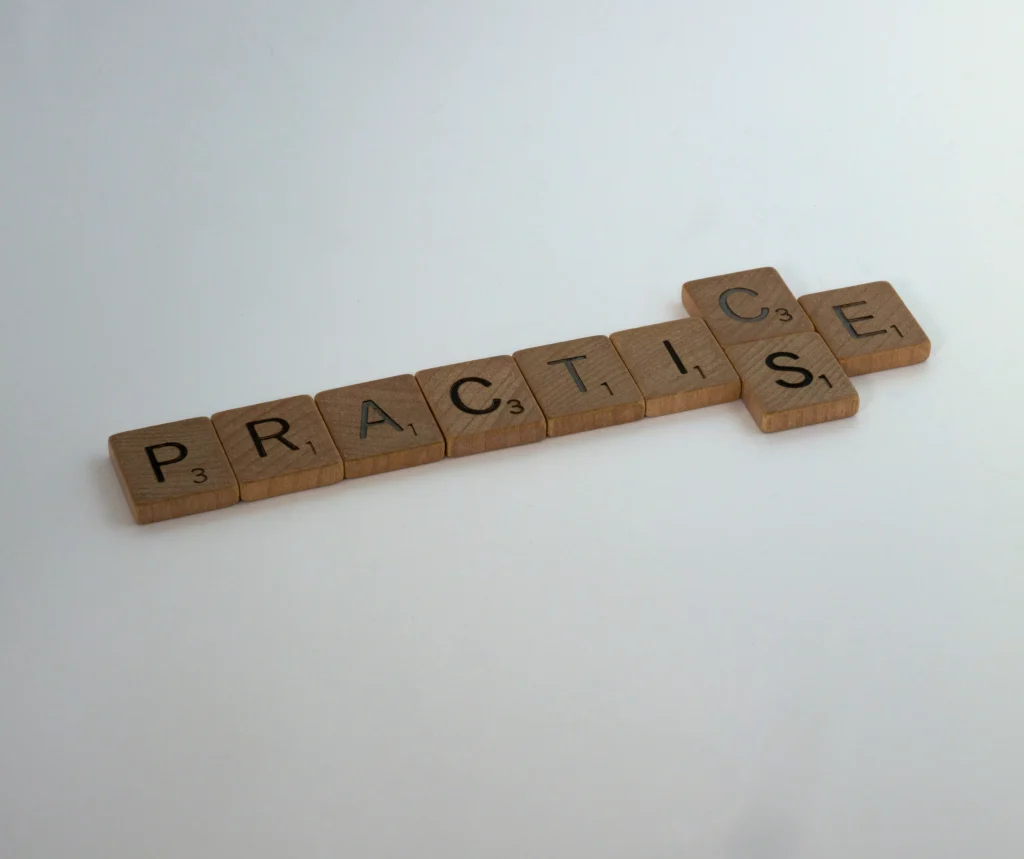Emotional intelligence helps us control our own emotions and predict the emotions of others, makes us more intelligent people, helps us maintain stronger relationships, and generally helps us have a positive attitude.
There are key skills you need to develop to achieve more emotional intelligence which is very important for professional success. Everyone has stressful situations but does not possess relationship management and therefore his or her battle with it is long and hard.
Develop empathy and active listening skills to avoid stressful situations and also to improve your communication skills for healthy relationships. There are many components of emotional intelligence, and we will cover the most important. After this, you will be equipped with a set of skills to avoid any emotional outbursts.
Key Components

The key component and an important part of our journey are to get to know the signs of emotional intelligence and high eq people. According to Margaret Andrews who did a Harvard Business review, attention to past emotional experiences must be paid in order to have an improved emotional intelligence. It is also important to know about conflict management and assertive communication.
As said before, it is important to develop the popular skill of positive emotional responses and identifying emotional cues in personal relationships. The communication style is also important, especially if you are on a journey to achieve some personal goals. Use humor in difficult situations but also use the human ability of emotional strength for achieving important goals.
In times of conflict and feelings of anger, there is a corresponding need for difficult feedback. Use the practice of mindfulness like a sales person for example. Keep in mind that others’ emotions are just as strong as yours, it is just a matter of how you tame them in your own performance.
This was just in brief, see the following steps below and use the practice of major companies and people like Daniel Goleman and Lisa Nowak. Be sure to check them out as well.
What Is Emotional Intelligence In Detail?

Emotional intelligence (EQ) is the capacity to recognize, utilize, and control one’s own emotions in a constructive manner in order to reduce stress, communicate effectively, sympathize with others, overcome obstacles, and diffuse conflict.
Emotional intelligence aids in the development of better relationships, academic and professional success, and the attainment of career and personal objectives. It may also assist you in connecting with your emotions, putting your intentions into action, and making educated choices about what is most important to you.

Four characteristics are usually used to characterize emotional intelligence:
Self-control — You have the ability to regulate impulsive sentiments and actions, manage your emotions in healthy ways, take initiative, keep promises, and adjust to changing situations.
Self-awareness — You are aware of your own feelings and how they influence your ideas and actions. You are aware of your talents and flaws and are self-assured.
You are socially aware and empathic. You can read other people’s feelings, wants, and worries, pick up on emotional clues, feel at ease in social situations, and identify power dynamics in a group or organization.
Relationship management – You understand how to build and maintain positive relationships, communicate effectively, inspire and influence people, collaborate effectively, and resolve conflicts.
Why Is Emotional Intelligence Important?

We all know that the brightest individuals aren’t always the most successful or satisfied in life. You undoubtedly know someone who is intellectually smart but socially awkward and fails at a job or in their personal relationships.
Intelligence, or your intelligence quotient (IQ), isn’t enough to attain success in life on its own. Yes, your IQ can help you get into college, but it’s your emotional intelligence (EQ) that will help you deal with the stress and emotions of final examinations. Both IQ and EQ exist in tandem and work best when they complement one another.
9 Ways To Increase Your Emotional Intelligence
Make use of a forceful communication approach

Without coming out as hostile or passive, assertive speech goes a long way toward winning respect.
Emotionally intelligent individuals know how to express themselves directly while yet respecting others’ ideas and demands.
Instead than reacting to confrontation, respond

Emotional outbursts and sentiments of fury are prevalent during times of conflict. During difficult times, the emotionally intelligent person knows how to remain cool. They don’t make rash judgments that might lead to even more serious issues.
They recognize that the aim in a conflict situation is a resolution, and they make a deliberate effort to ensure that their actions and words support that goal.
Make use of your active listening abilities

Instead of waiting for their time to speak, emotionally intelligent individuals listen for clarity in talks. Before answering, they make sure they grasp what is being stated.
They are also aware of the nonverbal aspects of communication. This avoids misunderstandings, enables the listener to reply appropriately, and demonstrates respect for the person with whom they are conversing.
Be inspired

People that are emotionally intelligent are self-motivated, and their demeanor stimulates others. They make objectives and are able to persevere in the face of adversity.
Practice techniques to keep a happy outlook

Don’t undervalue the influence of your mindset. If a person permits it, a bad attitude may readily infect others. People that are emotionally savvy are aware of the emotions of individuals around them and adjust their attitudes appropriately.
They understand what they need to do to have a nice day and a positive mindset. This might involve eating a nutritious breakfast or lunch, praying or meditating during the day, or maintaining a collection of inspirational quotations at their desk or computer.
Keep a journal

Keeping a journal is a terrific method to gain a good sense of yourself. Begin by writing down what occurred to you at the conclusion of each day, how it affected you, and how you handled it.
Documenting such facts can help you become more conscious of what you’re doing and will reveal potential concerns. Examine your comments on a regular basis to see any patterns.
Recognize what drives you

When starting a project, everyone has a primary motivation. The challenge is remembering this driving drive when hardship strikes. All too frequently, individuals begin a project but abandon it because they lack the enthusiasm to finish it.
Take the time to figure out what inspires you and utilize that information to help you cross the finish line.
Relax and enjoy yourself

We don’t always take the time to calm down and absorb how we’re feeling, which may lead to emotional outbursts. Give yourself a break and make an attempt to meditate, do yoga, or read — a little escapism might help you feel better.
Then try pausing before reacting the next time you have an emotional response to anything.
Recognize and accept your emotional triggers

Individuals that are self-aware are able to recognize their feelings as they arise. It’s critical to be able to change your emotions to your circumstances.
Take the time to absorb your feelings before articulating them. Don’t deny your emotions stage time, but don’t be inflexible with them either.
Predict how you’ll feel in the future

Consider a circumstance you’re about to face and imagine how you’ll react. Practice recognizing and embracing your emotions — naming your emotions gives you control.
Rather of just responding to the emotion, try to find an acceptable response.
Check out the best Emotional Intelligence Games below.
Read more articles in the Lifestyle Category
